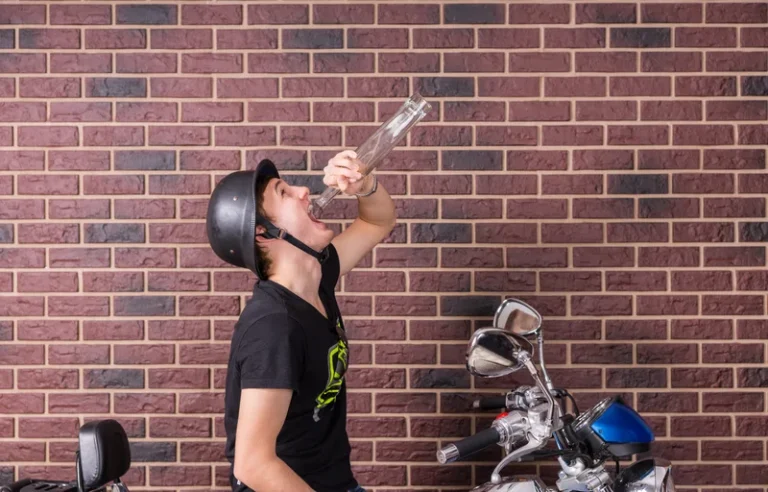Dialectical Behavior Therapy Fact Sheet Association for Behavioral and Cognitive Therapies

Use these free digital, outreach materials in your community and on social media to spread the word about mental health. Use these free education and outreach materials in your community and on social media to spread the word about mental health and related topics. Learn more about NIMH newsletters, public participation in grant reviews, research funding, clinical trials, the NIMH Gift Fund, and connecting with NIMH on social media. If you or someone you know has a mental illness, there are ways to get help. Use these resources to find help for yourself, a friend, or a family member. I was impressed with Linehan’s courage to disclose her story because, just as with Kay Redfield Jamison, I think it is especially difficult for experts in the mental health field to come forward.

What Conditions Can DBT Help Treat?

If you have questions, call or email the therapist’s office before you choose. Reassurance-SeekingComparing your relationship to other people’s relationships or your past relationships can lock you into perpetual doubt. With telehealth, you can talk to a therapist on your computer, phone, or tablet instead of having to physically go to their office.
DBT for suicide and self-harming behaviors

The idea is to distract yourself by allowing your emotions to follow your body. Some of the strategies and techniques that are used in DBT include Dialectical Behavioral Therapy the following. We’ve tried, tested, and written unbiased reviews of the best online therapy programs including Talkspace, BetterHelp, and ReGain.
Interpersonal effectiveness
Dialectical behavior therapy (DBT) is especially effective for people who have difficulty managing and regulating their emotions. It is advisable to seek a therapist who has not just extensive training but also experience using DBT to treat patients presenting with concerns such as yours. All of these suggestions require patience, self-awareness, and a commitment to healthier behaviors. Therapy is also for people looking for support with daily life challenges, going through stressful life events such as the death of a loved one, or struggling with relationships. Another example would be a person who misses fewer days at work because working with a therapist has helped them manage their symptoms more effectively. That person’s coworkers will probably benefit from having them at work more consistently.
- Part of this process involves offering validation, which helps people become more likely to cooperate and less likely to experience distress at the idea of change.
- Distress tolerance techniques help prepare you for intense emotions and empower you to cope with them with a more positive long-term outlook.
- Mental health therapy is helpful for about 75% of people after six months of therapy.
- Over half (59%) of adults said they’d consider using telehealth for mental health.
- DBT was originally intended to treat chronically suicidal behaviors and thoughts in people with borderline personality disorder.
- If you are having suicidal thoughts, contact the National Suicide Prevention Lifeline at 988 for support and assistance from a trained counselor.
Individual psychotherapy

If you’re struggling with a mental health condition, it’s always best to seek out the help of a qualified mental health professional. However, there are some things you can do on your own to help you develop new coping skills. For example, mindfulness, breathing exercises, and progressive https://ecosoberhouse.com/ muscle relaxation are all skills you can utilize to improve your ability to tolerate distress. It’s important to go to all of your scheduled individual DBT therapy sessions and group skill training sessions. DBT often involves telephone crisis coaching to support you in your daily life.

Individual sessions usually last an hour; group meetings, usually consisting of four to 10 people, are designed to run for an hour and a half to two hours. DBT is present-oriented and skills-based, and patients are asked to practice their skills between sessions. Patients can expect homework assignments, which might, for example, focus on taking specific, concrete steps to master relationship challenges.
- People with borderline personality disorder have a significantly higher rate of self-harming and suicidal behavior than the general population.
- For example, mindfulness, breathing exercises, and progressive muscle relaxation are all skills you can utilize to improve your ability to tolerate distress.
- Evidence also indicates that DBT skills reduce depressive symptoms and improve affective control and mindfulness self-efficacy for those with bipolar disorder (Van Dijk et al., 2013).
- In practice, the therapist validates that an individual’s actions « make sense » within the context of their personal experiences without necessarily agreeing that the actions are the best approach to solving a problem.
 Categories:
Categories:  Tags: |
Tags: | 